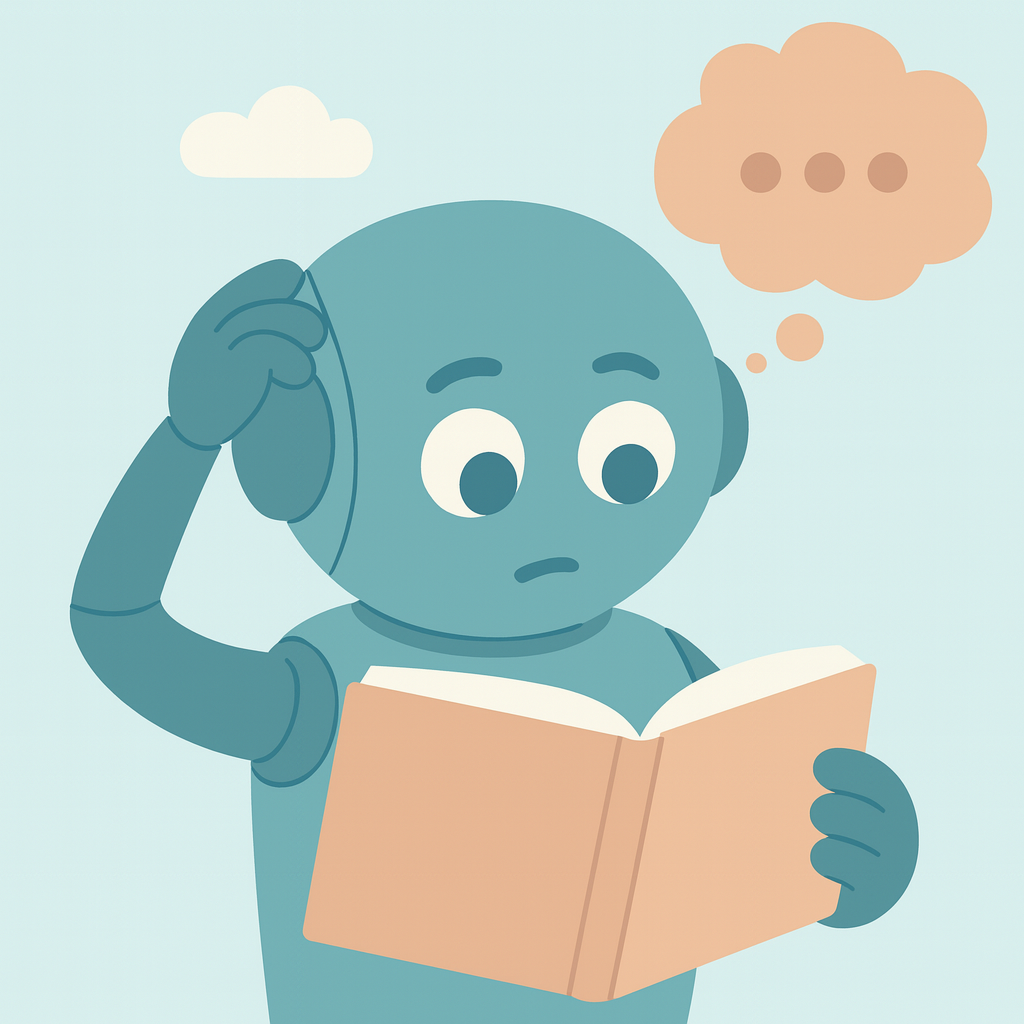
Did Anthropic Just Teach Agents to Remember? Inside Claude’s New Skills Feature
From Grandma’s Wi-Fi to Claude’s Memory Problems
You know that feeling when you fix your grandma’s “broken internet” by telling her to restart the router? And now every time something goes wrong with the TV remote, she treats you as her personal help desk? Sure, you’re the savior of TV night, but now you’re somehow become on-call tech support.
Anyway, ever since my grandma found out that I work in AI, I’ve become the de facto expert on “the robots” for her and, more importantly, her version of Gossip Girl, the infamous “Bethesda Book Club for Seniors.” My personal favourite call from last week went like this:
“Jonah darling, so I was talking to Melinda from church. You know Melinda, the one with the granddaughter you had a crush on in seventh grade. Anyway, Melinda told me her godson Jacob lost his job to an AI agent. Can that happen to anyone?”
Although I don’t have a clue who Melinda or her granddaughter might be, I reassured my grandma that AI agents won’t replace humans just yet because they struggle with something basic: remembering how to do things reliably.
Two days later, Anthropic dropped Claude’s new Skills feature. Uh oh… I’m going to have to call grandma. Meanwhile, what does this news mean for those of us working on agentic applications and AI integration?
What is Anthropic’s New Skills System?
It’s a known issue that LLMs become less accurate, slower, and more expensive as the context window (the amount of text it can process at once) increases. While Anthropic’s Skills launch didn’t entirely solve the context window problem, it’s a big step in that direction. With Skills, Claude can now store reusable knowledge as modular packages that live outside the prompt. Each Skill contains instructions, code, and reference files describing how to perform a task, like parsing a PDF or analyzing an Excel model. When the agent decides it needs one, it pulls only that Skill into context.
That matters because too much context can make models hallucinate. It’s like trying to order Uber Eats with your girlfriend when you’re both starving and there are 7,000 options. You scroll for twenty minutes, argue over sushi versus tacos, and end up eating cereal. Models do the same thing when they’re overloaded. They lose focus, make random choices, and forget what they were supposed to do.
Skills solve that by trimming the menu. Instead of dumping every instruction and file into the model’s head, they let it reach for only what’s relevant. Less noise, fewer mistakes, and a much lower cloud bill.
And that distinction matters for how we think about agentic adoption. For months, developers have been hacking together procedural memory through prompts, RAGs, and toolchains. Skills are Anthropic’s attempt to formalize that layer. They give agents a structured way to remember how to do things.
How Anthropic Skills Actually Work
At first glance, Skills look like better-dressed prompts. In reality, they’re closer to small software packages. Each Skill lives in its own folder with a simple SKILL.md file that tells Claude what the Skill is for and how to use it. Inside, you can include example files, scripts, and configuration details.
Think of a Skill as a kind of permanent context or onboarding manual for a specific task. Instead of repeating the same prompt every time, you train the model once and it can reuse that knowledge whenever needed. It’s like teaching a new hire how your spreadsheet works and never having to explain it again.
When a task comes in, Claude doesn’t load every Skill at once. It starts with the short descriptions from each one, decides which is relevant, then opens only the files it needs. That selective loading keeps the model’s context lean while still giving it access to a library of reusable procedures.
All of this runs inside Anthropic’s secure execution environment, which includes common tools like Python and bash but stays offline for safety. The container can’t make network calls or install new packages, which limits exposure but also means external systems still need a connector layer such as MCP. Skills sit above that layer as the action layer, helping agents know how to use those connections to actually get work done. One connects information, the other executes on it.
Anthropic also shipped prebuilt Skills for PowerPoint, Excel, Word, and PDF processing. Developers can add their own or share them across a workspace. Each Skill has metadata and versioning, which becomes important once Skills start to contain real business logic or proprietary workflows.
Although built for Claude, Skills are just Markdown-based instruction sets. That means the same structure can be repurposed across other LLMs like ChatGPT, Gemini, or Perplexity. In that sense, Skills aren’t only a Claude feature; they’re a lightweight pattern for packaging and reusing knowledge across models.
From Improvisers to Operators: How Anthropic Skills Upgrade Agents
Most of today’s AI agents are still improvisers. They read prompts, guess intent, and generate steps from scratch. That works for creative tasks, but it breaks down fast when consistency, compliance, or accuracy matter.
Anthropic’s new Skills system gives developers a way to turn those improvisers into trained operators. Instead of repeating complex instructions in every prompt, you just hand Claude a set of reusable playbooks. It can decide when to use them, load only what’s needed, and execute with the same logic each time. That makes agents cheaper to run, easier to test, and less likely to drift off course.It’s the difference between a clever intern and a well-trained employee who never forgets the SOP.
Another strength is composability. You can combine multiple Skills like Lego bricks to handle more complex workflows: a PDF Skill for design, a branding Skill for tone, and a narrative Skill for sales copy. The model can draw on each of them in sequence, which makes producing multi-step work much easier and faster.
Lowering Barriers to Building and Sharing Agent Skills
In enterprise settings, Skills also open the door to version control and governance. A team can audit a Skill, sign off on its behavior, and roll it out across users. If something changes, they can update that one Skill without retraining the model or rewriting hundreds of prompts. It’s the same principle that made software modular in the first place, now applied to agent behavior.
And while this simplifies things for developers, it also lowers the barrier for everyone else. That accessibility is why creators expect to see open repositories and community marketplaces of Skills emerge, much like we saw with MCP Tools earlier this year.
Still, Skills aren’t the full solution. They don’t replace the need for external connectivity or orchestration. An agent that needs to file a support ticket, move money, or update a database still relies on a secure integration layer like MCP. Skills handle the how. MCP and similar frameworks handle the where. Together they form the foundation for practical, auditable agents inside real organizations.
Why Anthropic Skills Matter for the Future of Agentic AI
Progress in AI rarely arrives with fanfare. Sometimes it’s just a better memory. Agents have always been smart enough to reason but terrible at remembering how to do things the same way twice. With Anthropic’s Skills release, agents now have a method to store and reuse those learned procedures without drowning in context tokens and the ensuing cloud bill.
While we’re a long way from agents replacing entire teams or running your business without supervision, Skills make Claude more dependable, especially for enterprises building with agentic AI. So if my grandma asks again whether AI agents will replace people, I’ll tell her no. Not yet. But they might finally stop forgetting how to fix that “broken” router.
Customized Plans for Real Enterprise Needs
Gentoro makes it easier to operationalize AI across your enterprise. Get in touch to explore deployment options, scale requirements, and the right pricing model for your team.


